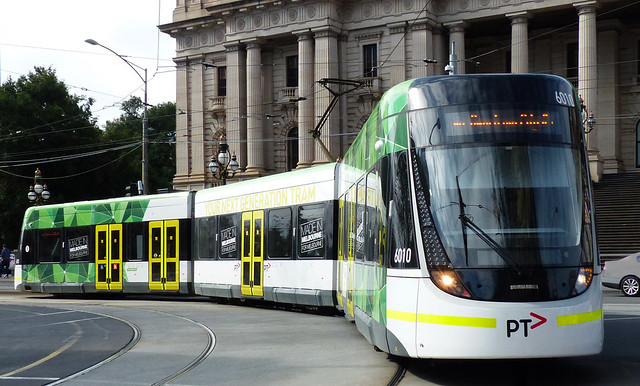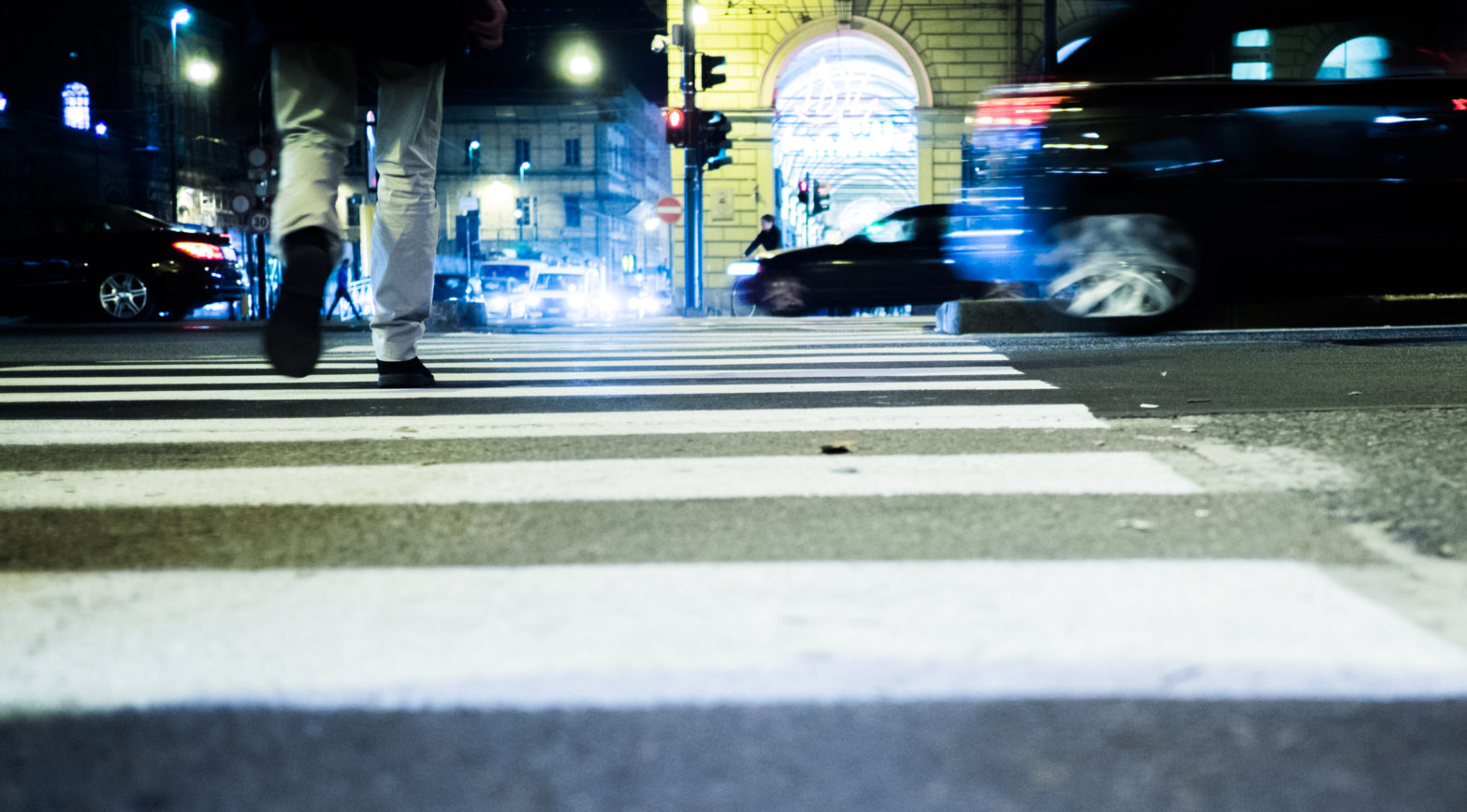
Photo: 20661347774_086baae4fb_z
Melbourne’s trams set to run on solar power
12 August 2019
by Christopher Carey
Melbourne’s tram network will soon be entirely solar powered as the city looks to implement the State of Victoria’s Renewable Energy Action Plan.
While commuters won’t see actual panels on the city’s 400 trams, the electricity the network requires to operate with will be offset by certificates purchased from the newly opened Numurkah Solar Farm.
The initiative is expected to result in a reduction of more than 80,000 tonnes of greenhouse gas emissions every year, as well as delivering hundreds of jobs to the Australian state.
Speaking at the opening of the solar farm, Lily D’Ambrosio, Victoria Minister for Energy, Environment and Climate Change said: “This is Victoria’s largest solar farm, and will play an important role in supporting the transformation of our energy system towards clean, renewable energy and reaching our renewable energy target of 50 percent by 2030.”
Patrick Simmons, Yes 2 Renewables Community Coordinator at Friends of the Earth, Melbourne told Cities Today: “It’s fantastic news, everyone I’ve spoken to absolutely loves it. We consider it a win-win as it combines public transport and renewable energy, both solutions to climate change.”
Since the announcement the environmental group have called on the state government to commit to powering the city’s train network with renewable energy.
“If they can do it with the trams, they can do it with the trains too,” added Simmons.
The Solar Trams Project is being delivered under the Renewable Certificate Purchasing Initiative and is part of the state’s TAKE2 climate change pledge to reach net zero emissions by 2050 and keep global temperature increases to under 2 degrees.
A spokesperson from the Department of Environment, Land, Water and Planning said: “A major part of Victoria’s public transport system has been linked to renewable energy to reduce our carbon footprint and deliver a clean, sustainable future.”
The Australian government wants Victoria to be generating 50 percent of its energy through renewable sources by 2030.
The City of Melbourne recently declared a climate emergency, joining the City of Sydney and 800 councils worldwide.
A report from the Climate Council in 2018 stated that Australia’s transport-related emissions have continued to rise due to policy inaction.
The nation’s move to other sustainable transport options, such as electric vehicles has been hampered by a lack of incentives and an absence of mandatory pollution standards for vehicles, which have been implemented in most other OECD countries.







